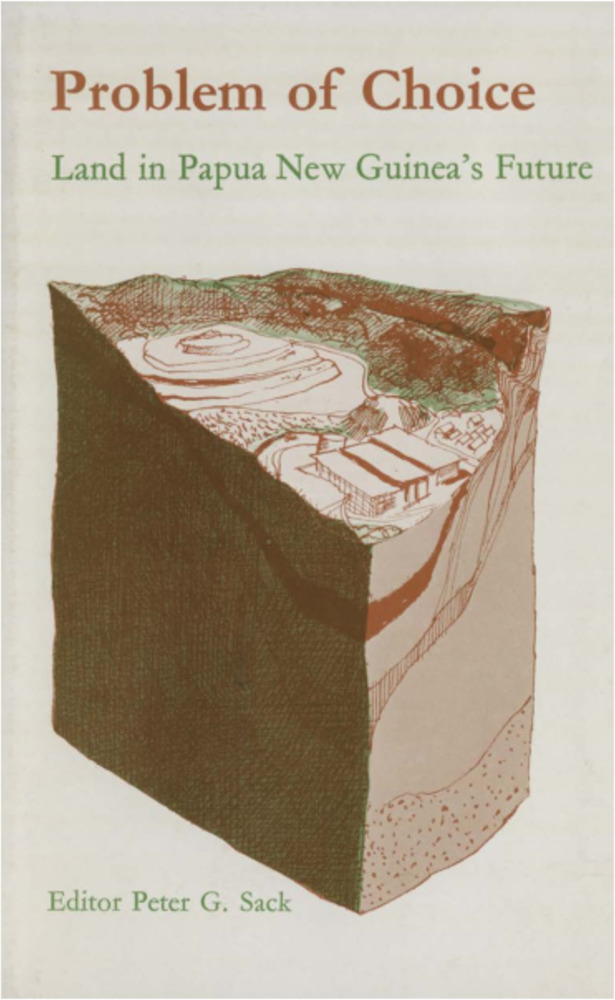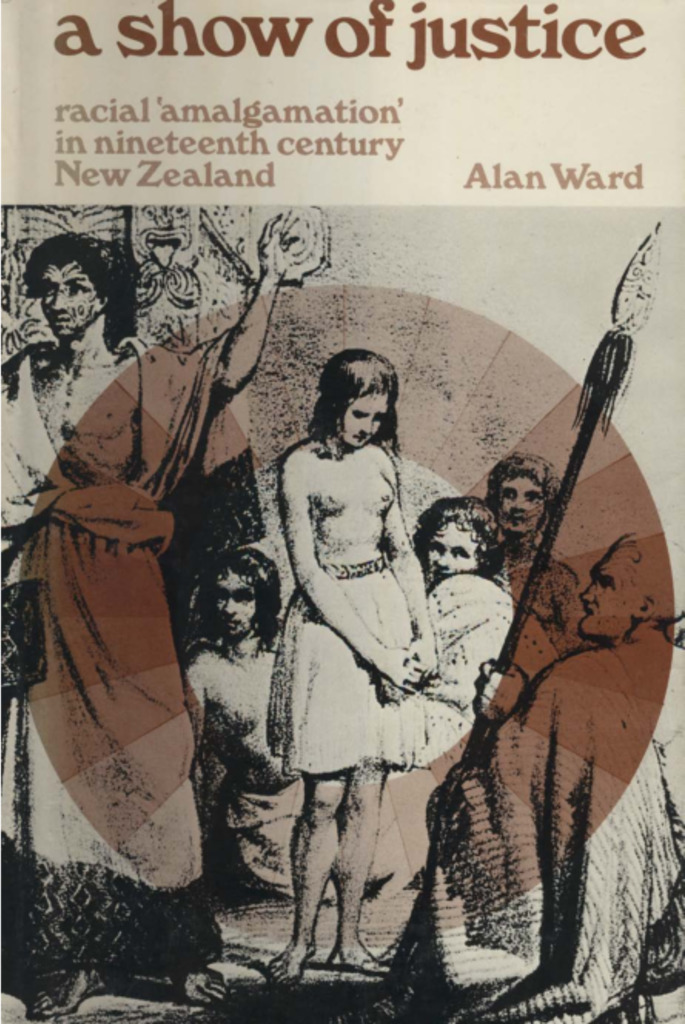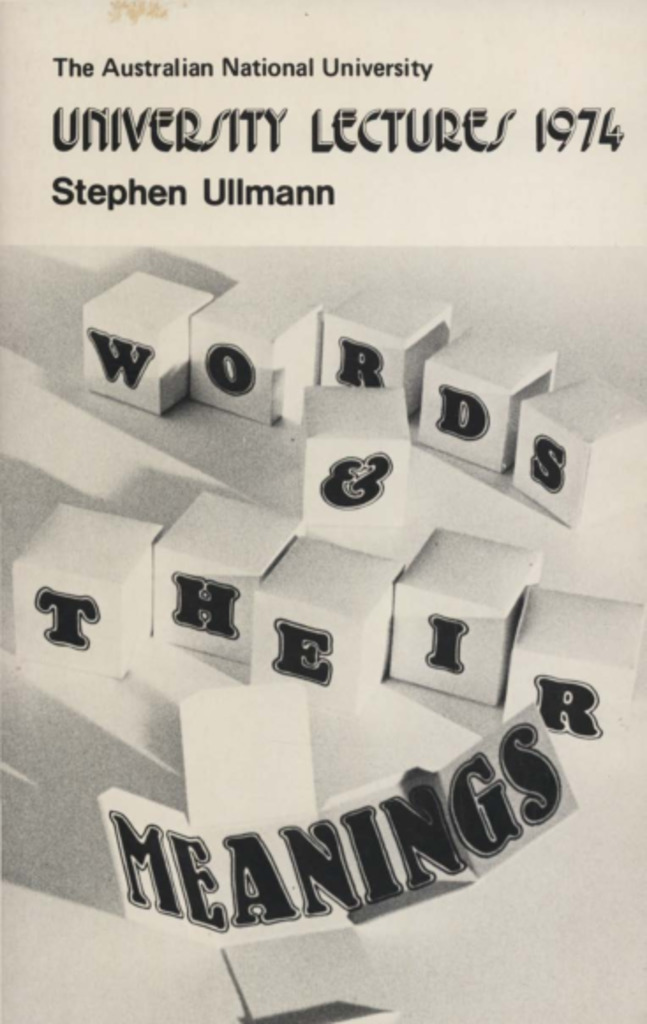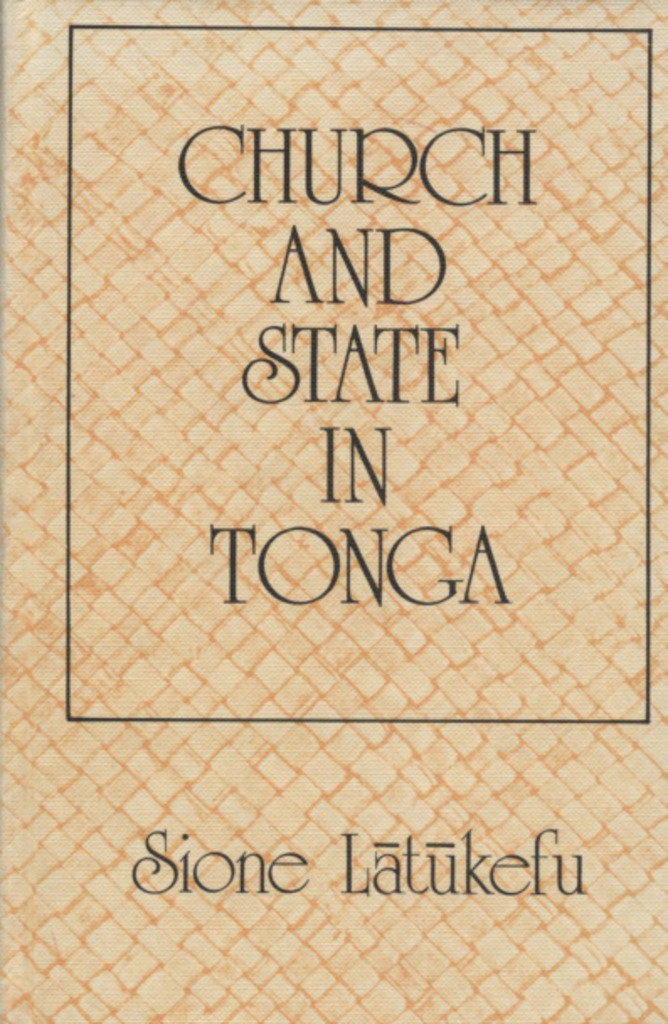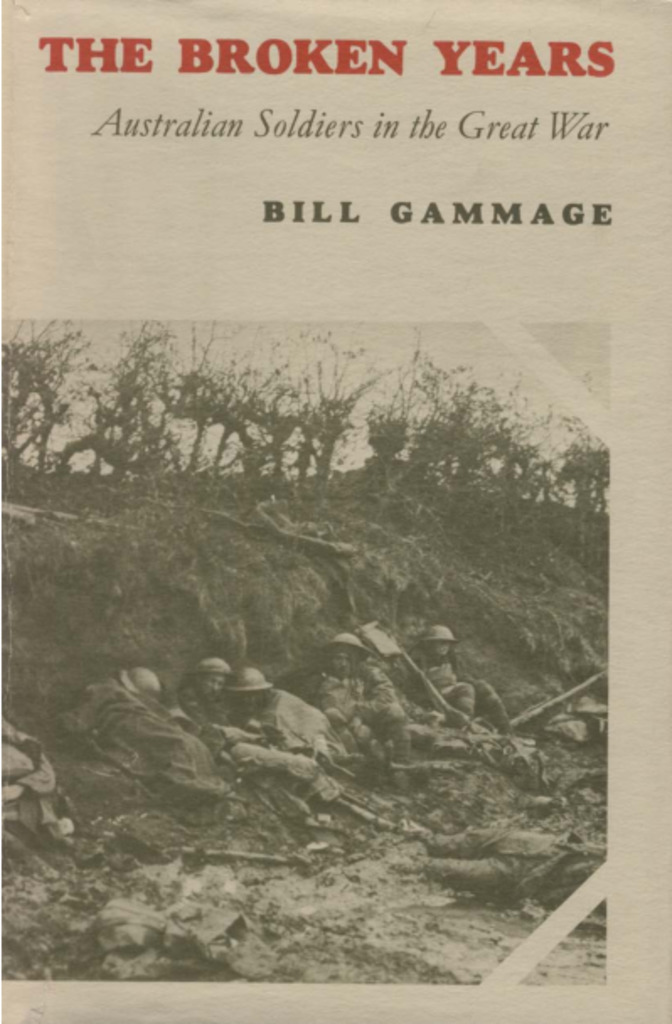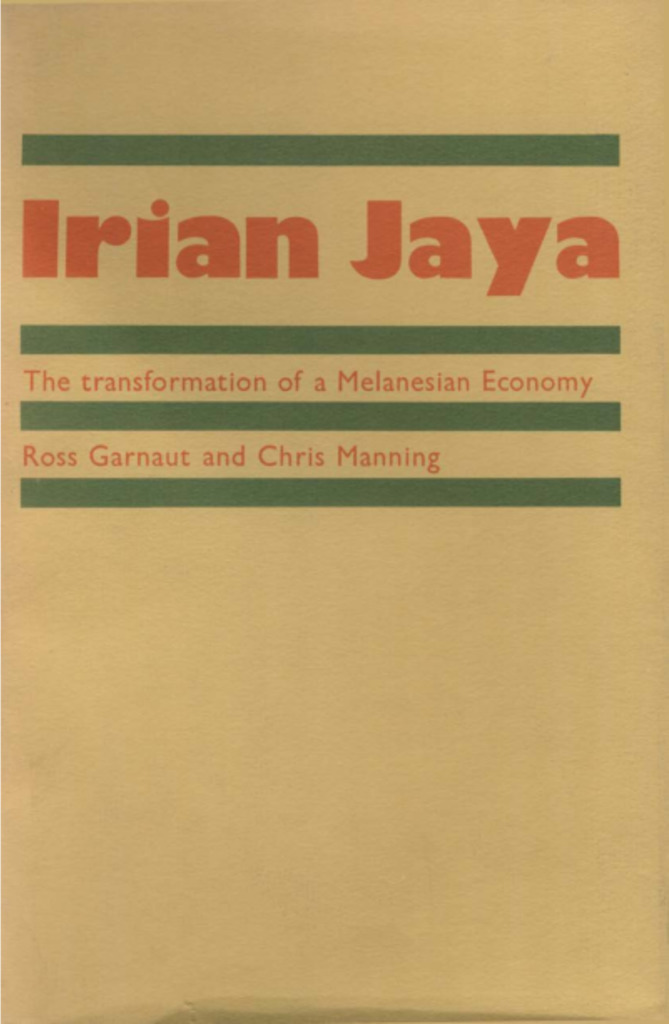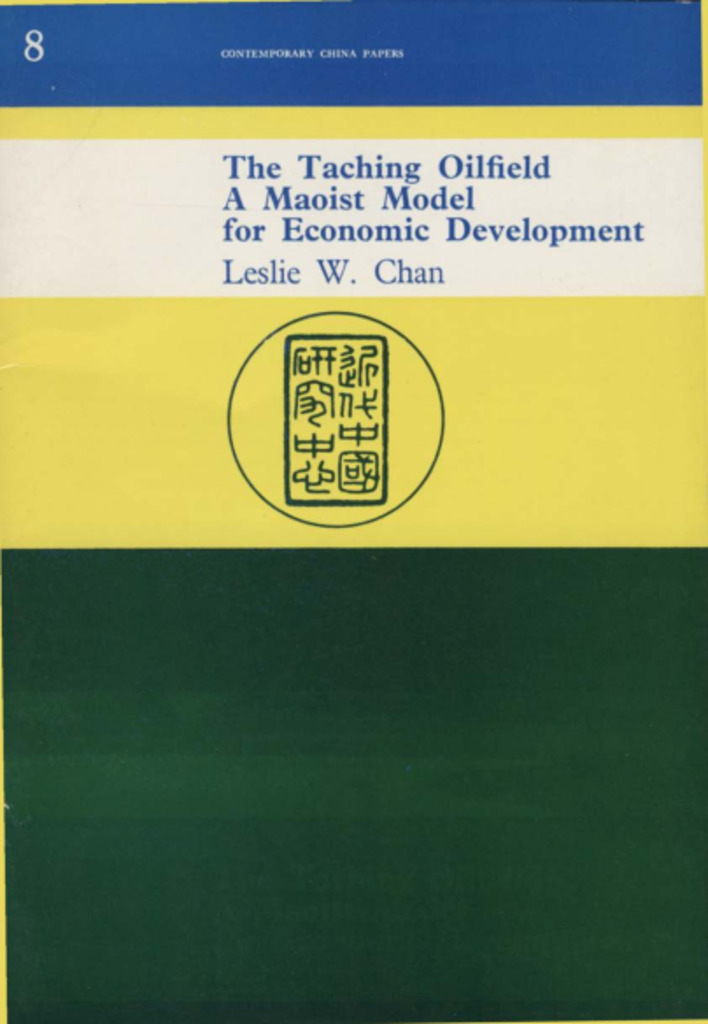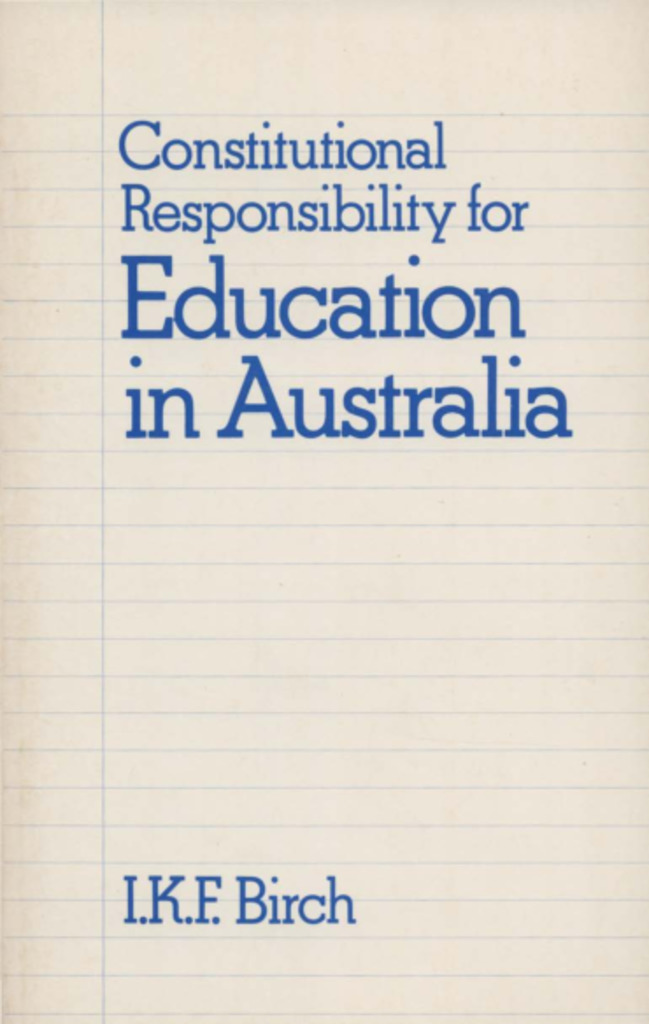
Constitutional responsibility for education in Australia »
Publication date: 1975
The Australian Constitution makes no reference to education as one of the responsibilities transferred by the states to the central government. Yet the Australian Government is very much involved, both in financing education in the states and also in its future development. Is the Australian Government usurping states{u2019} rights? This book examines the development of central government involvement in education, and its justification, in particular the {u2018}benefits to students{u2019} clause in the 1946 social services amendment to the Constitution. Leading court cases concerning these powers, decided in the High Court of Australia, suggest that the central government does have authority for its actions. Clearly, the book is of fundamental importance for educationists, states-righters, and lawyers, amongst others, and its implications are far reaching.

